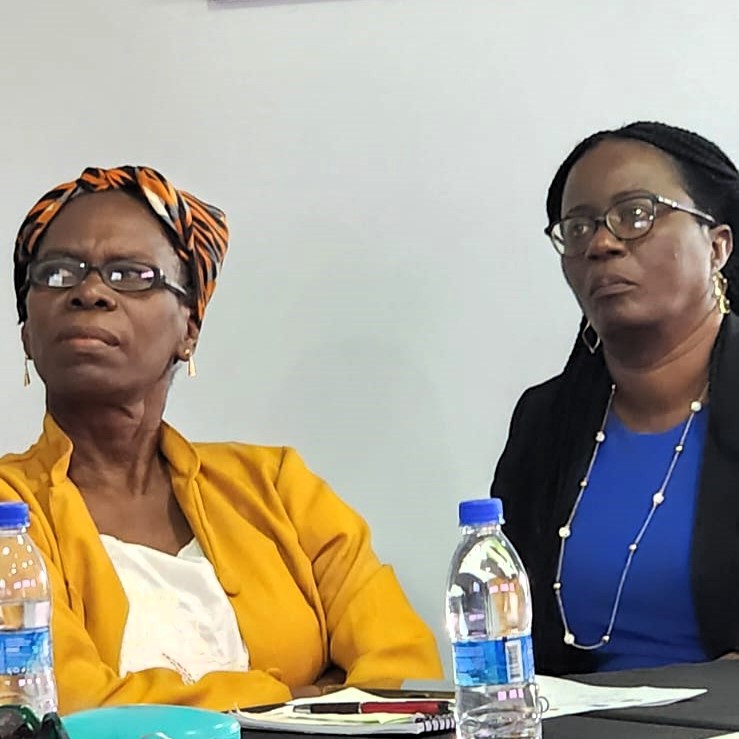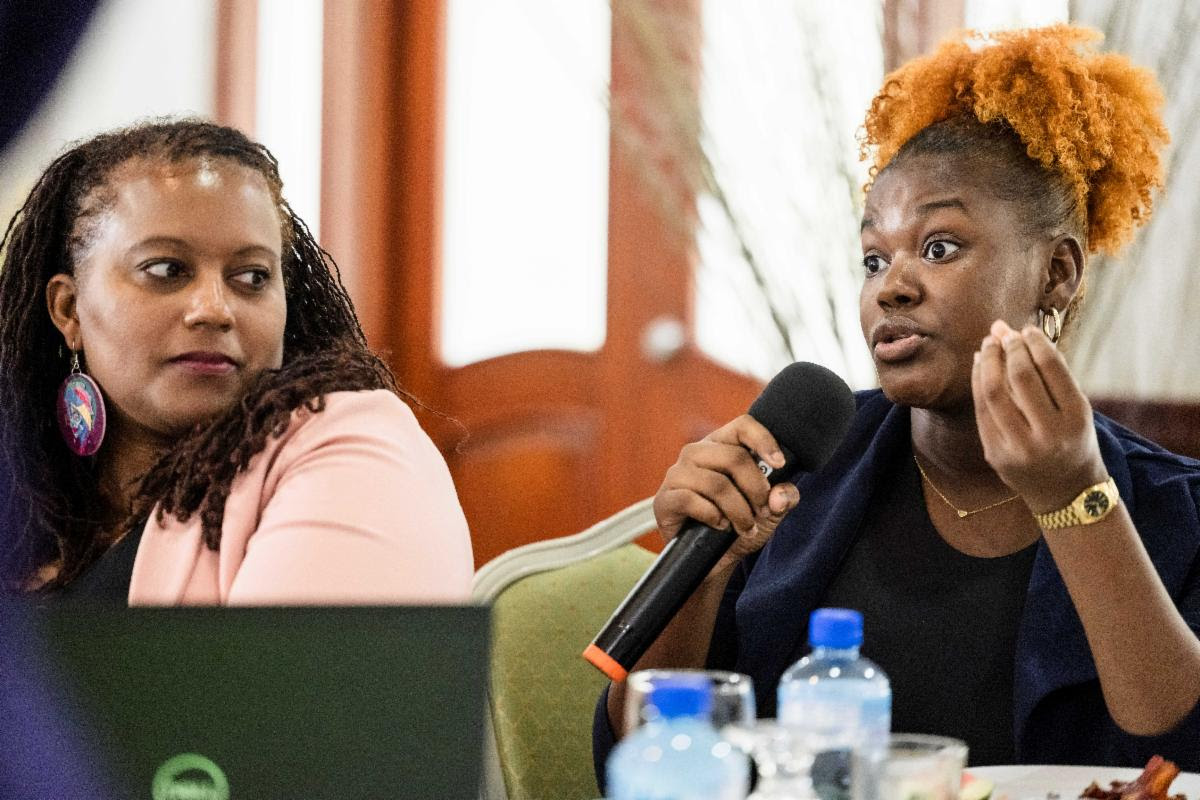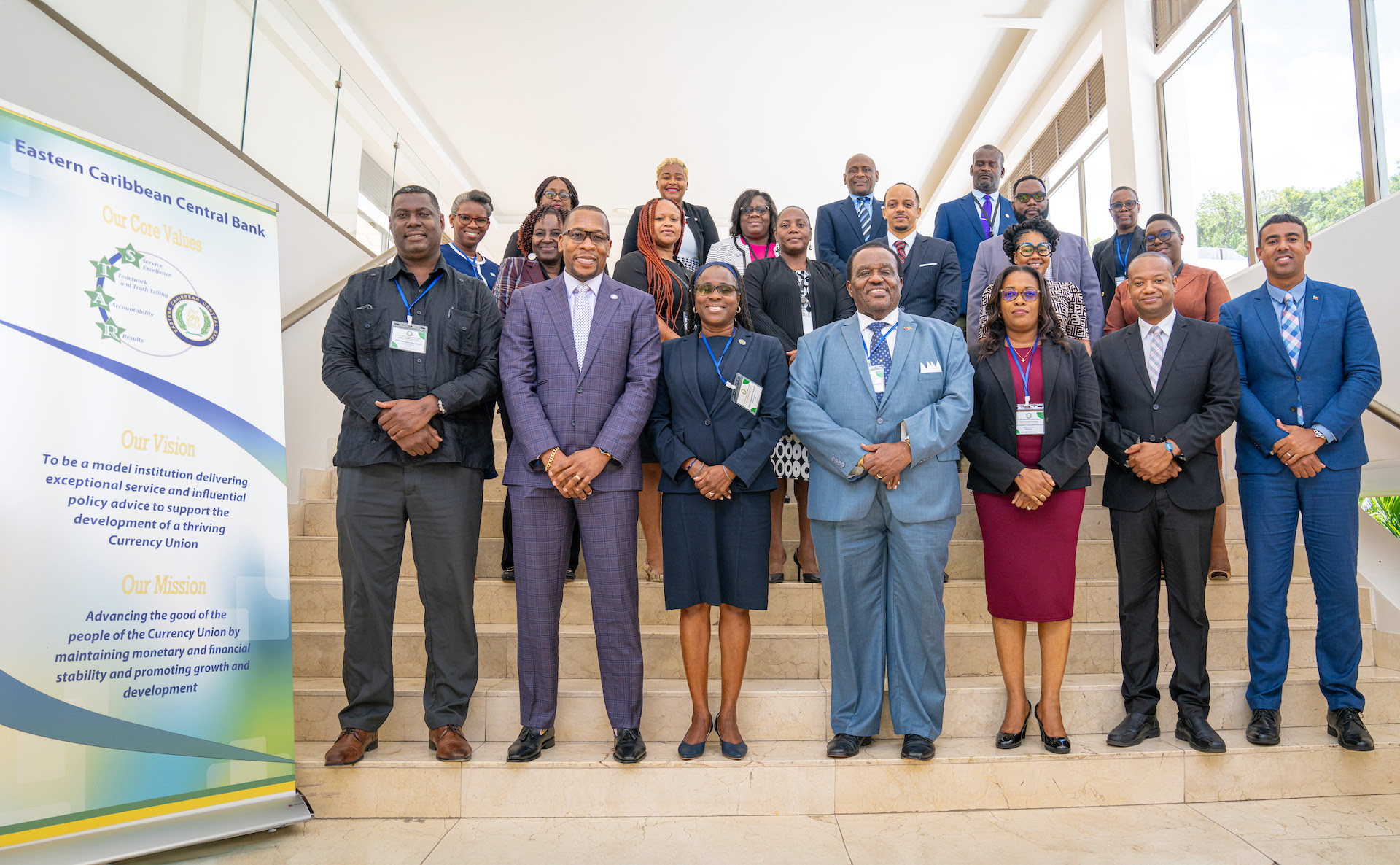The Strengthening Resilient Water Resource Management in the Eastern Caribbean project has completed the initial stages of its preparatory phase, with the hosting of an inception workshop in St. Vincent and the Grenadines this week.
This week’s meetings conclude a series of stakeholder engagements in the three countries participating in the project, implemented by the United Nations Development Programme (UNDP) and funded with a contribution of CAD$4.8 million (USD$3.53 million) from the Government of Canada.
The Strengthening Resilient Water Resource Management in the Eastern Caribbean – or Water for Resilience (W4R) – Project is designed to support vulnerable communities in the islands of Grenada, Saint Lucia and Saint Vincent and the Grenadines to increase access to secure, nature-friendly water supplies and enhance ecosystem conservation for improved water resources management, both in communities and at the governance level. The project also includes a regional knowledge-sharing component to enhance water management practices.
Hon. Benarva Browne, Minister of Urban Development, Energy, Seaports, Grenadines Affairs and Local Government, affirmed the Government’s commitment to the project, which she described as having “transformational significance” and being well aligned to the national economic and social development plan.
Noting that the increased frequency and intensity of extreme weather patterns are resulting in greater soil erosion, damaged watershed pipelines, and increased disruption to water collection, storage and distribution, among other challenges, she pointed out that women tend to bear the brunt of climate change impact and therefore lauded the gender-responsive nature of the project: “It focuses mainly on building resilience to water-stressed situations that exist, particularly that of women in agriculture as well as female-headed households.”
The W4R project team were in St. Vincent and Union Island on March 26 and 27, respectively. While on Union Island, they met with local environmental groups and visited potential sites for rainwater harvesting systems. Roseman Adams of the Union Island Environmental Alliance explained, “Here in Union Island, our only source of drinking water is from the rainfall. The increase in periods of heat and drought puts the safety and welfare of our community and wildlife at risk.”
UNDP Deputy Resident Representative, Stephanie Ziebell, emphasized the importance of water security to the Caribbean and how the W4R project will strengthen this: “Our collective goal is not only to address technical, financial, and institutional barriers, but also to foster a holistic approach to managing our water resources that is inclusive, innovative, and integrated.”
High Commissioner of Canada to Barbados and the Eastern Caribbean, H.E. Lilian Chatterjee, assured that the W4R initiative will be making a particular effort to ensure that community voices are included and engaged, noting that Canada’s Feminist International Assistance Policy ensures that their programmes respond to the specific and different needs of all groups. “Women, men, boys, and girls, all have different roles, responsibilities and needs when it comes to water. And these needs are further differentiated by age, gender, livelihood and whether they live in an urban or rural setting,” she asserted.
Noting that St. Vincent and the Grenadines has already taken important steps such as developing a gender-responsive and budgeted adaptation plan for water resource management, the High Commissioner also highlighted the potential of ecosystem-based approaches to boost biodiversity: “Through the conservation and enhancement of our natural spaces, we can improve water quality, reduce erosion and landslides, and create micro-climates to combat drought.”
The Water for Resilience project is part of UNDP Barbados and the Eastern Caribbean’s commitment to building resilient communities that can withstand shocks and crises while reducing gender vulnerabilities. As climate change effects become more prevalent in the region, it is vital that developmental efforts continue to reinforce the need for regional resilience and bolstering livelihoods for traditionally vulnerable groups.




